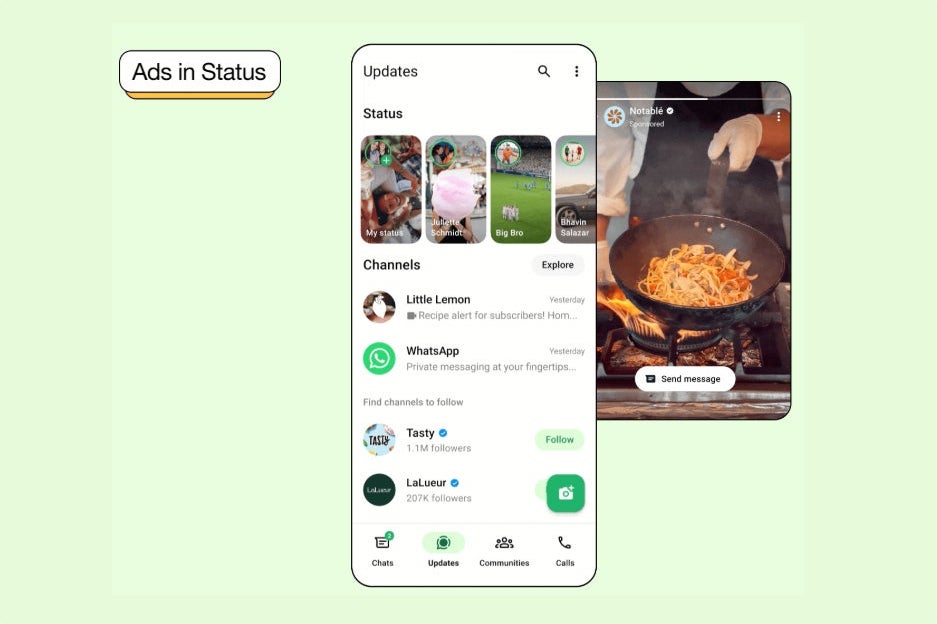The Workplace of Cybersecurity mentioned WhatsApp is taken into account a high-risk platform due to “the shortage of transparency in the way it protects consumer information, absence of saved information encryption, and potential safety dangers concerned with its use.” Staffers have been instructed to delete the app whether it is already put in, and to keep away from downloading it sooner or later.
This is not the primary time the Home has restricted entry to well-liked digital instruments. Over the previous few years, it has issued bans or partial bans on apps from ByteDance, AI instruments like DeepSeek, and even Microsoft’s Copilot. For ChatGPT, solely the paid model — ChatGPT Plus — is at the moment accredited to be used.
The choice to dam WhatsApp comes shortly after Meta, the corporate behind the app, confirmed plans to start testing adverts in WhatsApp Standing. Whereas the ban formally focuses on information safety, the timing has led to hypothesis that the current transfer towards monetization might have raised extra considerations.


WhatsApp introduced it is going to begin inserting adverts in consumer standing messages. | Picture credit score — WhatsApp
In response, Meta spokesperson Andy Stone disagreed with the choice and identified that WhatsApp messages are end-to-end encrypted by default, which means solely the individuals concerned in a dialog can learn the content material.
We disagree with the Home Chief Administrative Officer’s characterization within the strongest potential phrases. This can be a increased stage of safety than many of the apps on the CAO’s accredited record that don’t supply that safety.
— Andy Stone, Meta spokesperson
Regardless of Meta’s protection, the CAO listed a number of accredited messaging options for Home use. These embody Microsoft Groups, Sign, Wickr, iMessage, and FaceTime. The e-mail additionally warned workers to be careful for phishing makes an attempt and unknown texts, urging them to remain alert.
Whereas WhatsApp’s encryption stays considered one of its core options, the Home’s resolution highlights a rising debate over how safe messaging apps actually are — particularly as extra platforms start to introduce adverts and different adjustments that have an effect on consumer privateness. Personally, I discover it stunning to see Sign on the record of accredited apps — not that there is something fallacious with the apps, however simply due to the optics following a earlier political scandal involving that very same app up to now few months.

